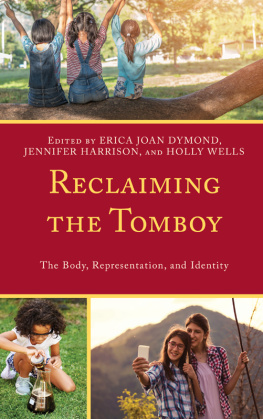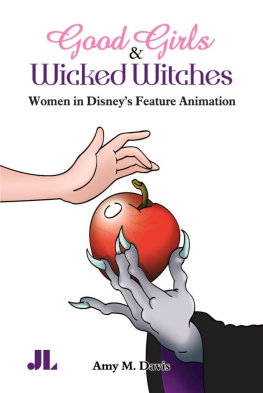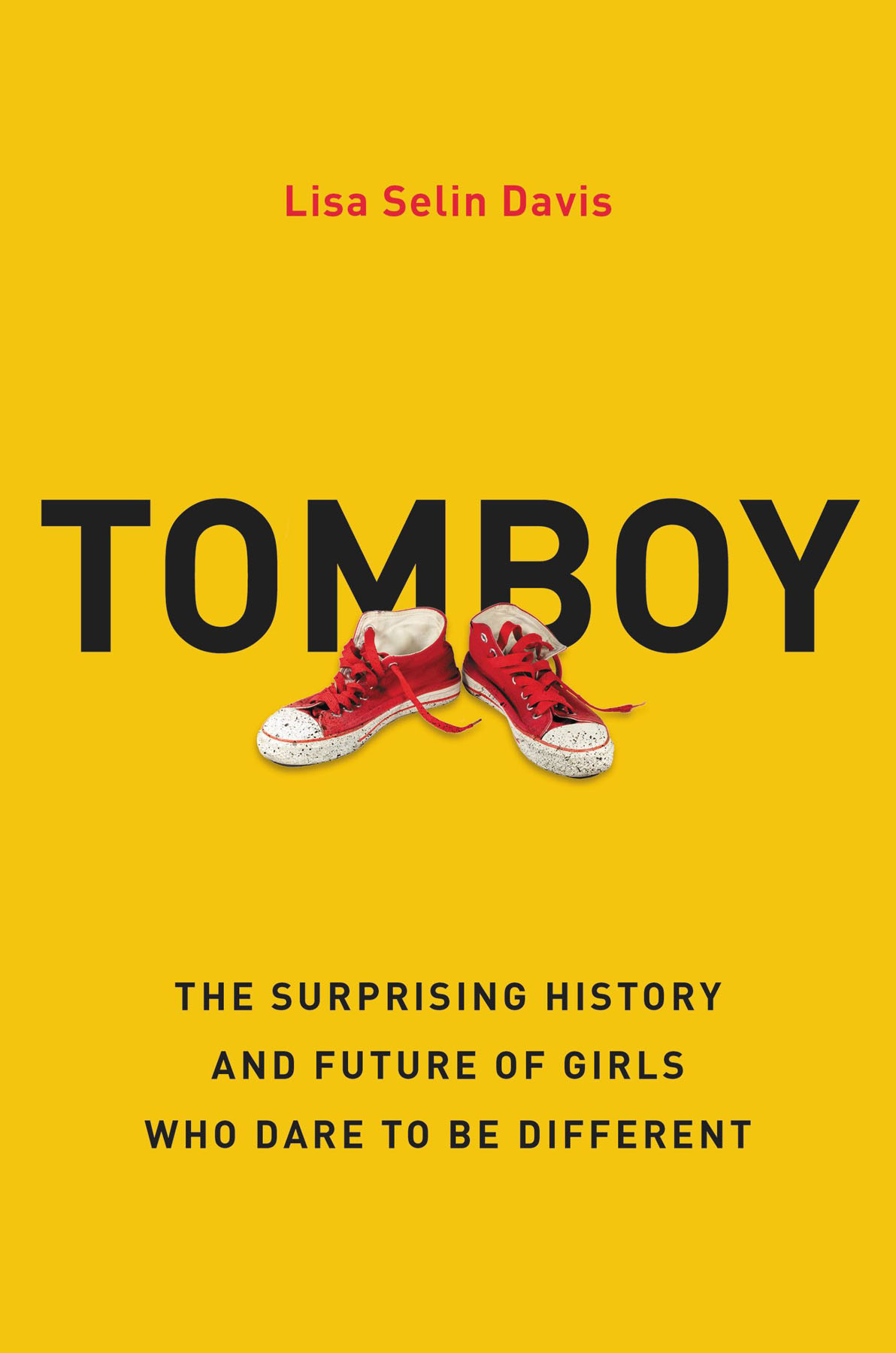Copyright 2020 by Lisa Selin Davis
Cover design by Terri Sirma
Cover image Pao Laroid / Shutterstock
Cover copyright 2020 by Hachette Book Group, Inc.
Hachette Book Group supports the right to free expression and the value of copyright. The purpose of copyright is to encourage writers and artists to produce the creative works that enrich our culture.
The scanning, uploading, and distribution of this book without permission is a theft of the authors intellectual property. If you would like permission to use material from the book (other than for review purposes), please contact permissions@hbgusa.com. Thank you for your support of the authors rights.
Hachette Go, an imprint of Hachette Books
Hachette Book Group
1290 Avenue of the Americas
New York, NY 10104
HachetteGo.com
Facebook.com/HachetteGo
Instagram.com/HachetteGo
First Edition: May 2020
Hachette Books is a division of Hachette Book Group, Inc.
The Hachette Books and Hachette Go name and logos are trademarks of Hachette Book Group, Inc.
The publisher is not responsible for websites (or their content) that are not owned by the publisher.
The Hachette Speakers Bureau provides a wide range of authors for speaking events. To find out more, go to www.hachettespeakersbureau.com or call (866) 376-6591.
Print book interior design by Six Red Marbles, Inc.
Library of Congress Cataloging-in-Publication Data has been applied for.
ISBNs: 9780316458313 (hardcover); 9780316458290 (ebook); 9780306874710 (library ebook); 9781549152986 (audio downloadable)
Library of Congress Control Number: 2020930612
E3-20200314-JV-NF-ORI
Discover Your Next Great Read
Get sneak peeks, book recommendations, and news about your favorite authors.
Tap here to learn more.

Explore book giveaways, sneak peeks, deals, and more.
Tap here to learn more.

More Advance Praise for
TOMBOY
Tomboy is a revelation, an impassioned and emphatic consideration of how gender is manufactured and sold, and how it can both oppress and empower. This is way more than a book for parents navigating how to raise individuals in a world of stubborn binaries; its for all of us who want to understand that world, and how we might become our true selves within it.
Lauren Sandler, author of One and Only and This is All I Got
Lisa Selin Davis uses Tomboy as a launch pad for a thought-provoking and enlightening exploration of the troubled pink and blue waters of gender categoriesand the words that can be life rafts to help us float above them or stones pulling us in deeper.
Deborah Tannen, professor of linguistics at Georgetown University and author of You Just Dont Understand, Youre Wearing THAT?, and Youre the Only One I Can Tell
This book will surprise, delight, and challenge everything you think you know about gender. Daviss writing is lively and lucid; a sage and compassionate guide on this rocky terrain. Every parent needs to read this book.
Jennifer Block, author of Everything Below the Waist
To Alex, Enna, and Athena
The most normal girl is the tom-boywhose numbers increase among us in these wiser daysa healthy young creature, who is human through and through.
Charlotte Perkins Gilman, Women and Economics, 1898
I t started with a tie and a button-down shirt.
When my daughter was three, she asked for that ensemble for Christmas. We had no idea where shed gotten the idea, since my husband and I both went to work in T-shirts and jeans, but my mother found her a white shirt and a clip-on navy tie with silver horses from Target. Not long after, she saw my husband slip on a blazerwe cant remember if he was going to a funeral or a bar mitzvahand her jaw dropped as if shed spied a double rainbow stretching across the sky.
What is that? she asked. I want one of those.
My stepmother still had the red polyester blazer with brass buttons that my little brother had worn as a kid, and my mom added to the mix a fedora shed picked up at Buy Buy Baby. Voila: The coolest looking three-year-old any of us had ever seen emerged. She was a pint-sized Annie Hall or Patti Smith.
With the clothing shifts emerged a style of play that was a bit different from that of the other preschool girls. She was delighted to play princessas long as she could be a police officer or the royal dog. She played with boys and girlsbut maybe a little more with the boys. She was sporty and strong by age four, when she requested a short haircut, like Elliss, she said, naming her male preschool pal.
So many of the little girls around us seemed to look and play alike: long hair and dresses, taking on female roles in make-believe games. They pined for pink and sparkles, preferring to be Cinderella over Spider-Man for Halloween. As a proper lefty feminist, I had largely avoided the Barbies and pink paraphernalia that have come to define modern girlhood, and I was relieved to find her skipping the princess phase that Id heard so many girls go through. It seemed to emphasize appearance over adventure, magic over action, self-consciousness over self-confidence.
Still, I knew that most girls gravitated toward those things regardless of parental disapproval, and I wondered atif Im honest, worried abouther lack of interest in them, envisioning everything from social rejection to gender dysphoria. But I let her dress and look and play as she pleased, even as I mourned the loss of her caramel-colored curls. Soon enough, it seemed her differences were actually advantages. She had twice as many friend options as most kids, and parents praised the cuteness of the girl in the tie and firemans hat.
As her younger sister, with whom I was far more lenient/exhausted, embraced the traditional trappings of femininity and all the pink sparkly dresses and Barbies I allowed her to get her hands on, my older daughter entered elementary school fully clad in boys clothes, with short hair, a pack of little boy pals, and an air of self-possession. In the beginning, there were bathroom incidents (there still are), with kids insisting she was in the wrong one, and some children struggled to accept that she was a girl. A few had to be educated with what became our stock refrain: Girls can look and act all kinds of ways. But it didnt take long for them to understand and accept her. They got it.
One day in first grade she came home and announced that she was a tomboy. Thats a girl who has short hair and likes sports, she informed me, smiling widely, passing on the definition that someone in her classI still dont know whohad provided.
A tomboy? That word, the idea, had never occurred to me.
But at its mention, I thought back to the 1970s, to the many tomboys in the various schools I attended, and on the playgrounds I frequented, in Upstate New York, Georgia, and western Massachusetts, the three main places I spent my childhood. Even I, a non-tomboy who craved the Barbies my feminist mom wouldnt let me have and coveted the frilly, fancy clothes of wealthier girls, had short hair and wore striped turtlenecks and corduroys most of the time. So did the other little girls. So did the little boys.










